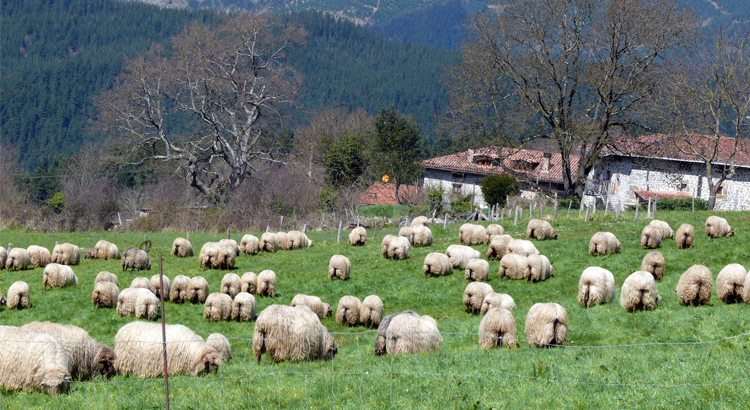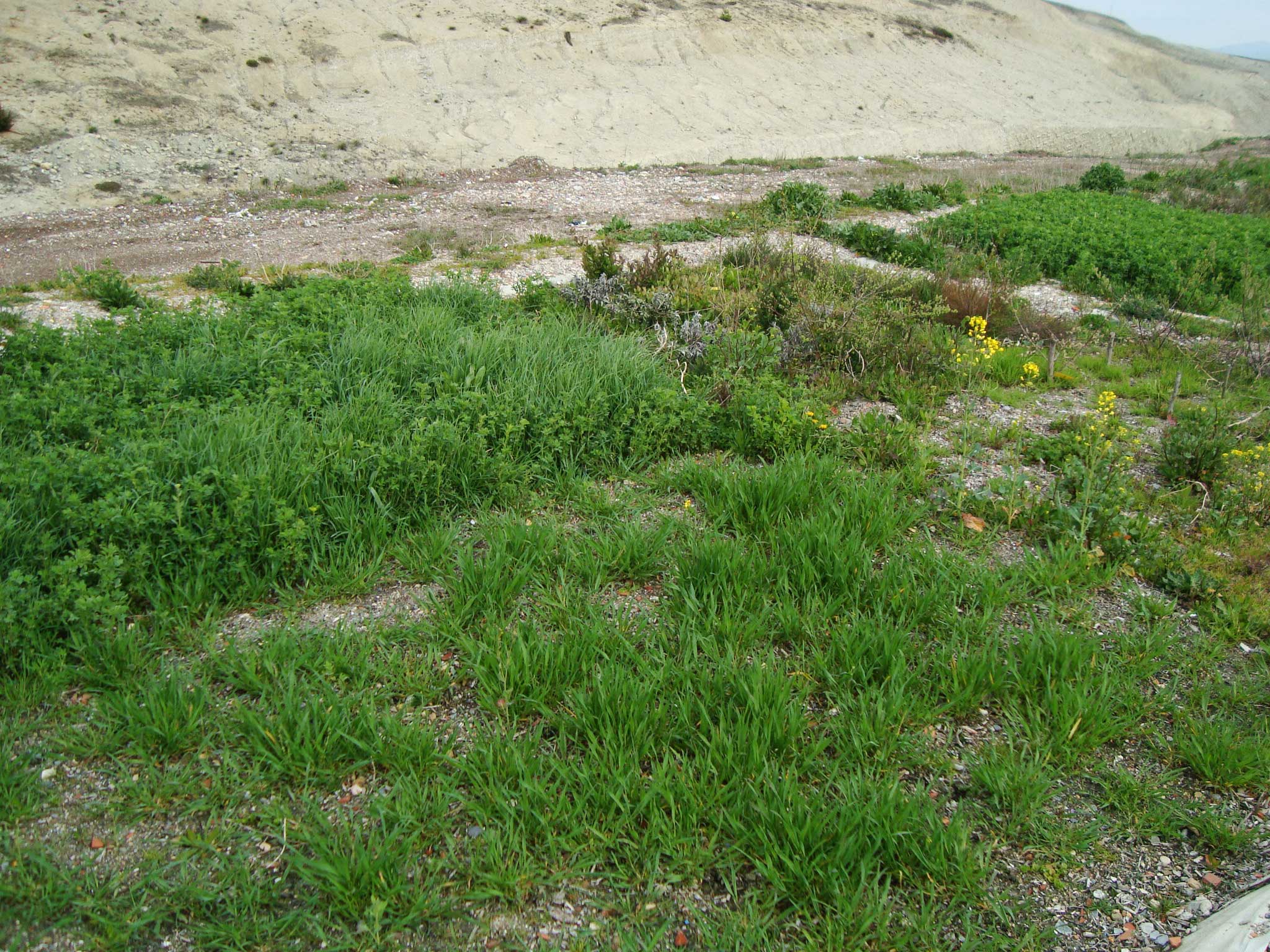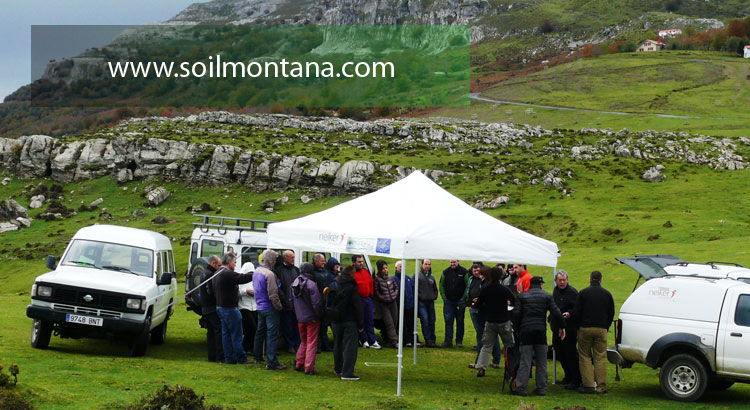The BIOPASTO project has been funded by the Spanish Ministry of Economy and Competitiveness (AGL2013-48361-C2-2-R). The project deals, from a multidisciplinar perspective, with a variety of aspects related with the sustainability of dairy sheep grazing in the Cantabrian mountain range, simultaneously covering yield (from a cattle raising point of view) and environmental (biodiversity and greenhouse gases emission) parameters.
To this aim, the following two groups belonging to NEIKER-Tecnalia have joined forces: the Animal Production Group from NEIKER-Arkaute and the Soil Microbial Ecology Group from NEIKER-Derio. Our objective is to assess, from a global perspective, the consequences of the progressive abandonment of mountain grazing in different areas. Out of the five hypotheses included in the SOSTEPASTO coordinated project (which also includes the TRADEMON subproject, led by the University of the Basque Country-UPV/EHU), the BIOPASTO subproject tackles three of them:
- Mountain grazing is a sustainable production system with good yields of milk production, an adequate exploitation of local resources and responsibility parameters for the environment and biota.
- The emission of greenhouse gases can be reduced through the incorporation of different plant species to the grazing system or through the utilization of alternative grazing systems.
- Changes in mountain grazing systems and, specially, its abandonment will result in significant changes in the biodiversity of mountain ecosystems, both above- and belowground (the latter currently presenting greater knowledge gaps).
Based on these hypotheses, the BIOPASTO subproject tackles, in an independent manner, three basic objectives:
- To assess the impact of mountain grazing management (free vs. directed) on the quality of the dairy sheep diet, animal productivity parameters (live weight, body condition, milk production), composition and technological quality of sheep milk.
- To assess the short-term and medium/long-term effect of grazing or its abandonment on soil physicochemical and biological (abundance, biodiversity and activity of soil microbial communities) properties.
- To assess the impact of grazing or its abandonment on the emission of greenhouse gases from animal (methane) and soil (carbon dioxide) sources.
Furthermore, in collaboration with the TRADEMON subproject, the BIOPASTO subproject deals with the following three specific objectives:
- To determine the composition of the dairy sheep diet during grazing, as well as the nutritional characteristics and the presence of marker compounds in the sheep milk, depending on grazing management (free vs. directed), under ex situ experimental conditions.
- To analyze the effect of grazing (free vs. directed) or its abandonment on the interaction between aboveground (plant communities) and belowground (soil microbial communities) biodiversity in mountain grazing, taking into consideration both the functional and taxonomic components, and to evaluate the consequences of such interaction on the emission of carbon dioxide.
- To assess the sustainability of the mountain grazing system by means of integrating environmental (emissions), ecological (biodiversity), economic and social aspects.
In consequence, the results from this subproject will allow a multidisciplinar assessment of the dairy sheep grazing system characteristic of the Cantabrian mountain range, and will help improve the sustainability of such management system.




